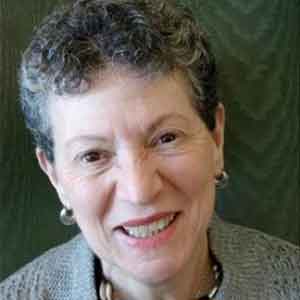What the Founding Fathers Were Really Like (And What We Can Still Learn from Them Today)
Overview
Most of us know that America’s Founding Fathers attended the Constitutional Convention of 1787 in Philadelphia and drafted the Constitution of the United States. The delegates decided to replace the Articles of Confederation with a document that strengthened the federal government, with the most contentious issue being legislative representation. Eventually, a compromise established the bicameral Congress to ensure both equal and proportional representation. But a lot more happened, as well – much of it underreported or misunderstood. That’s the focus of this insider’s look at the birth of American Government as we know it today.
The fact is, the Founding Fathers were ambitious. They also were grouchy, scared, and hopeful. They told jokes. They fought. They schemed. They gossiped. They improvised. Occasionally, they killed each other (sorry, Alexander Hamilton). Only by seeing the Founders as real people — not icons — can we appreciate the full story of the nation’s founding with all of its drama, humor, and significance intact.
Discussion Questions:
1) What were the problems facing the new nation that the constitution sought to solve?
2) What political traditions did the Founders rely upon in writing the constitution?
3) What is federalism— and why did the framers of the constitution include it in their design?
4) What did the Founders think about democracy?


